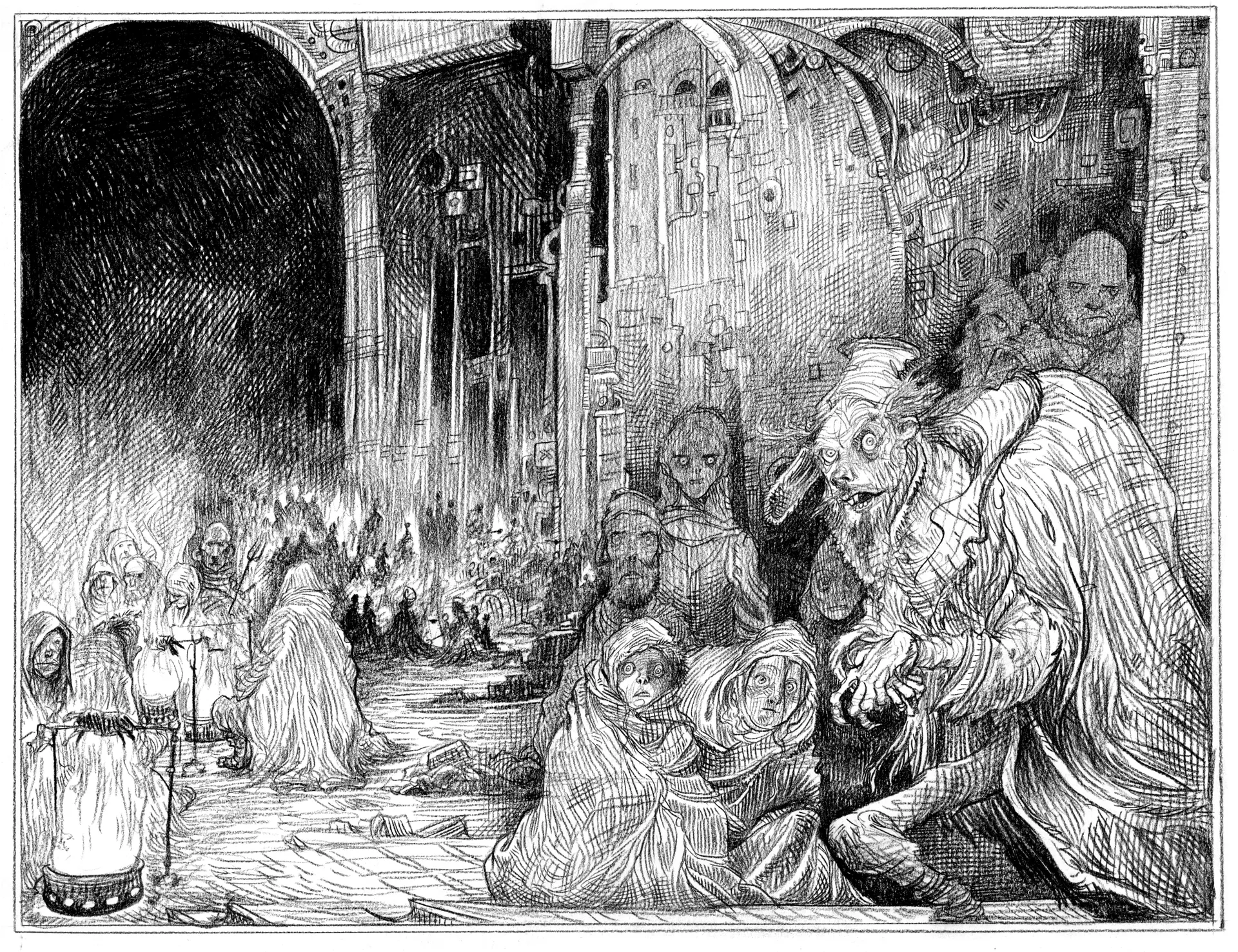Before gobbling up Neil Gaiman’s Neverwhere, I’d been facing a roadblock with another book for what seemed to be a few months at the least. This was unusual for me, since I consider myself to be a fairly regular reader, making it a routine to read what I can each night. Doesn’t matter if it’s a paragraph or a few chapters, this was a habit that had been drilled into me ever since I had the ability to pick up a book.
Struggling to read a book was… alien to me. Dropping a book even more so. In all my twenty-four odd years of existence, I only recall dropping two books. Ever. I always managed to pull through to the end regardless of my opinion of the book. If I’d started one, I’d finish it. There’s always something of worth to be found in reading, even in guilty pleasures.
So you can understand my trepidation when I struggled to finish a medium-sized book for months. I remember trying to convince myself that the content of the book is worth it, that it’s important for me to understand certain phenomena in the world right now, that the author has a well-deserved reputation… but there’s a limit to how far you can convince yourself to do something that just isn’t up your alley. With the then-fresh lockdown I also wasn’t up for heavy reading.
I stopped reading, took out my bookmark, went up to my bookshelf and picked up the first books I could find that seemed to be light reading.
I was stuck between The Last Wish, by Andrej Sapkowski, and Neverwhere, by Neil Gaiman. I chose the latter solely because it was a stand-alone read. I wasn’t even a fan of another book of his I’d read, American Gods all that much.
Neverwhere is certainly not without its flaws… but I’ll be damned if I haven’t come across a more relatable protagonist in recent memory.
Richard Mayhew displays characteristics that resonated with me. He was noticably shy, constantly dominated over by his peers, indecisive. He had a decent job that wasn’t something he was passionate about. You wouldn’t be wrong in describing him as naive. In a remarkably bleak setting, he manages to have a mundane life. He wasn’t dissatisfied, per se. But he exhibits this strange lack of drive and ambition that is in sharp contrast to the characteristics shown by his fiance, who couldn’t be more focused. Intimidating, even.
People like Richard Mayhew are a dime a dozen in the modern world. I’d like to believe there is a tiny voice deep within each individual, a voice that whispers of longing and a world that could be. A voice that wistfully longs for an escape, sighing with resignation knowing that it is futile.
From the earlier sections of the story you gradually come to realize that Richard, despite his naivety, possesses a pure heart. He’s just a good man.
Richard Mayhew embodies people looking for a way out due to them being unsure of their place in this world. Neil Gaiman describes Neverwhere as an attempt at creating a “looking glass” novel for adults, basically Alice in Wonderland or even Narnia, but for disgruntled adults.
As plot would have it, Richard encounters his looking glass entirely out of the blue, while in the midst of something that would otherwise have been the highlight of his life for a little while. His naive, selfless personality leads him through the metaphorical looking glass into a world lovingly crafted by Gaiman, a world simultaneously strange and familiar.
Without going into too many details, I’ll say this: the setting, the characters, the unbelievable contrast between what we know and what’s out there sticks to your mind, despite the short length of the story. Gaiman creates a world larger than we witness as readers, while firmly restraining himself to the eyes of Richard. The sheer sense of scale being experienced by our protagonist is portrayed elegantly to the audience, leaving us to ponder what else lies at the borders of Gaiman’s imagination.

Neverwhere came into my hands at a rough time, and I’m glad it helped me push through it.
It’s made me want to visit London someday now.
